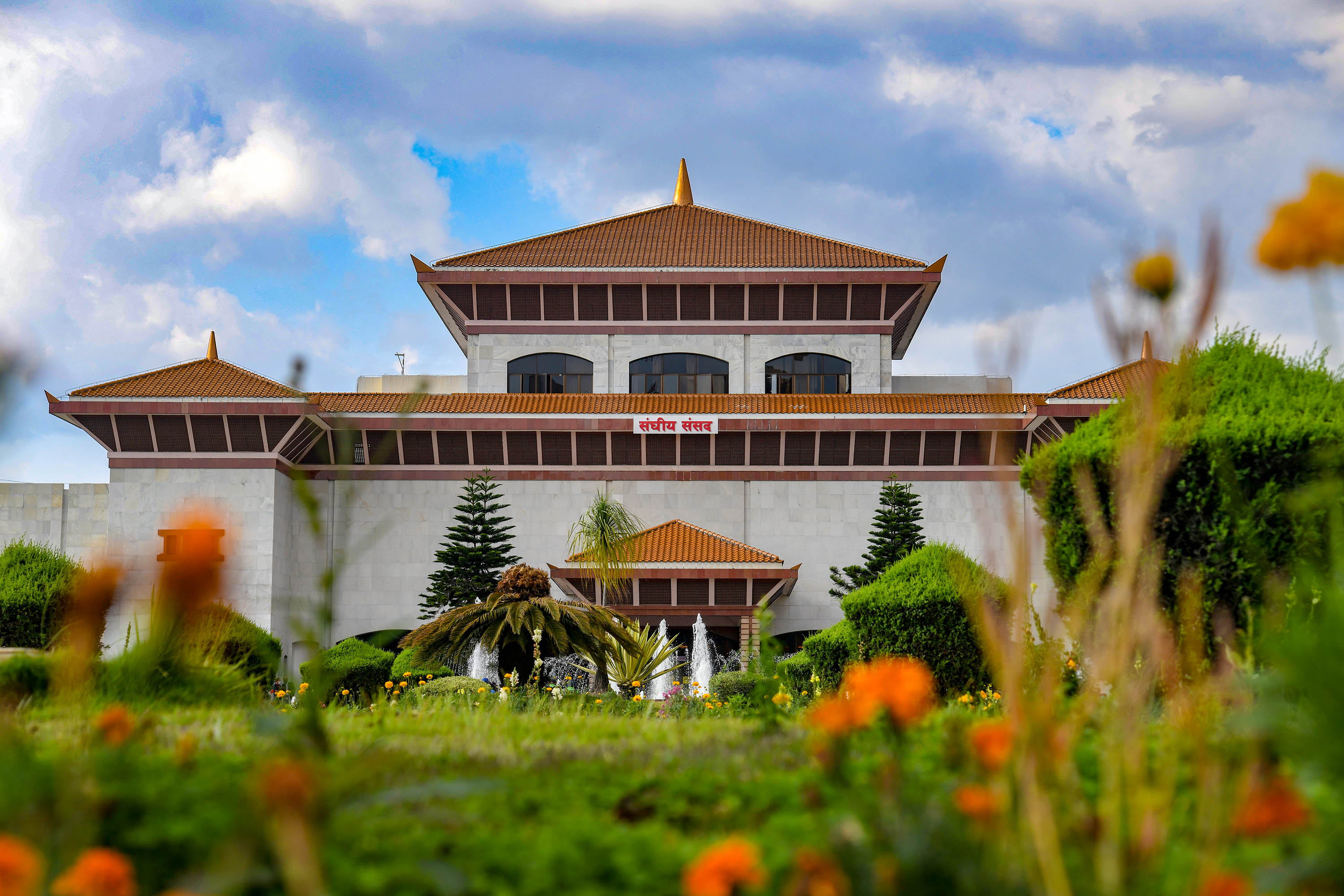There should be no load shedding in Nepal-India trust
We use Google Cloud Translation Services. Google requires we provide the following disclaimer relating to use of this service:
This service may contain translations powered by Google. Google disclaims all warranties related to the translations, expressed or implied, including any warranties of accuracy, reliability, and any implied warranties of merchantability, fitness for a particular purpose, and noninfringement.

The interview given by Indian External Affairs Minister S Jaishankar to a YouTube outlet of India Today Group a few days ago is meaningful. "We should promote such cooperation with our neighbors so that they feel that their interests are protected," he said.



It is not that India, China, America or any other country works on the agenda of intentionally harming a country like Nepal. But they should be most concerned that some issues ignored by the powerful nations will hurt the sensitivity of a country like Nepal. It is true that in the past too, lack of such sensitivity has increased mistrust, the opinion of the Indian Foreign Minister on the issue of imports has given a positive message. Nepal should also continue to advance to become a host in cooperation.
India is currently growing at around 8 percent, and is likely to continue at this pace for a few years. The impact of the economic development of any country in the world is not limited within its borders, it spreads to neighborhoods, regions and the world through 'spillover'. Therefore, the government and society on both sides are clear that the economic prosperity of India is not only for its benefit, but also for the benefit of its neighbors like Nepal. India is making leaps and bounds in agriculture, industry, tourism, education, health and IT, and the necessary energy sources are being prepared in Nepal. Therefore, a long-term electricity trade agreement has also been signed between the two countries to export 10,000 megawatts of electricity to India in the next 10 years. Not only that, India has also promised to fulfill the role of facilitator to export the electricity produced in Nepal to Bangladesh. Nepal, which has the ambition to become rich by selling electricity, exports electricity to India in the dry season, but is not self-sufficient in the winter. As the projects currently in operation are run-of-the-river (ROR) systems, the amount of electricity is determined based on the flow of water in the river. During the dry season, the water level in the river drops and the demand increases at this time, so our electricity cannot meet the internal supply. Currently, small hydropower projects with a capacity of more than three thousand megawatts are under construction. Nepal will be self-sufficient only when these projects are completed and reservoir projects are being built. Before that, understanding and cooperation between Nepal and India have also developed, as electricity was imported from India during the dry season and exported during the rainy season.
Domestic production during dry season is only around 1400 MW, while the total demand is around 2000 MW. Nepal has been buying about 450 megawatts out of the insufficient electricity by competing in the day-ahead market of Indian Energy Exchange Limited (IX). There is 'bidding' with the price and quantity on the day before electricity is purchased. In May 2078, Nepal got permission to purchase electricity in the competitive market of IX. This permit must be renewed every year. The permit, which was last renewed last year, is expiring next Sunday. It has been three months since the government of Nepal started making efforts to renew the permit for next year. India has not responded to the letter sent by Nepal for renewal. As a result, there is an increased risk of industrial customers being affected by load shedding immediately and general consumers after some time. There are only five days left for the permit to expire. If the permit is not renewed and electricity import is stopped, Nepal will return to the darkness of load shedding.
India has not renewed the permission given to Nepal to buy electricity for five years to be renewed every year, but its message has not been positive. India, which has been reiterating its commitment to cooperate with Nepal in economic prosperity, not renewing the permission given for five years in the third year is definitely not a positive message. Less than three months after India signed an exciting bilateral agreement to export 10,000 megawatts of electricity from Nepal in 10 years, confusion has arisen over the permission to import electricity from India. If IX's license for the competitive market is not renewed, it may create distrust in the honest implementation of the long-term electricity trade agreement of December 19.
, government officials say that an unofficial message has been received that the electricity import permit is not renewed due to the Lok Sabha elections in India from May 7 to June 19 and the demand for electricity will increase during the growing heat. But it is certainly not natural for two countries that are committed to a long-term journey to put their internal issues ahead of their commitments. Since India is a dynamic neighbor, Nepal has been giving unannounced priority to India in its water resources, and in some cases, Nepal has been compromising its own interests, and the government of all periods has been criticized within the country as well. But India's latest move does not match the interview given by Indian Foreign Minister Jaishankar himself a week ago. As the foreign minister said, if Nepal is to act in such a way that its interests are felt, then no agreement or permit should be renewed or not confused, confusion can never be an aid to trust.
Even if the load shedding is happening in Nepal due to the non-renewal of India's permission to import electricity, it will not last forever, after a few weeks and a few months it will also disappear. However, there is a risk of load-shedding in the trust between the two countries due to the fact that the mutual trust agreements are sometimes renewed and sometimes not. That situation is not in the interest of Nepal, this situation cannot be helpful for the image of India, which is trying to move forward with the trust of its neighbors. What is the priority to be taken by the Nepal Electricity Authority, the Ministry of Energy and the entire Nepal government? At the technical and political level, it is necessary to have dialogue and exchange of trust, wherever initiatives are to be taken. Similarly, in order to solve the long-term problem of electricity supply, Nepal should insist on completing the under-construction hydropower projects as much as possible.
प्रकाशित : चैत्र १४, २०८० ०८:५८

 १८.१२°C काठमाडौं
१८.१२°C काठमाडौं














